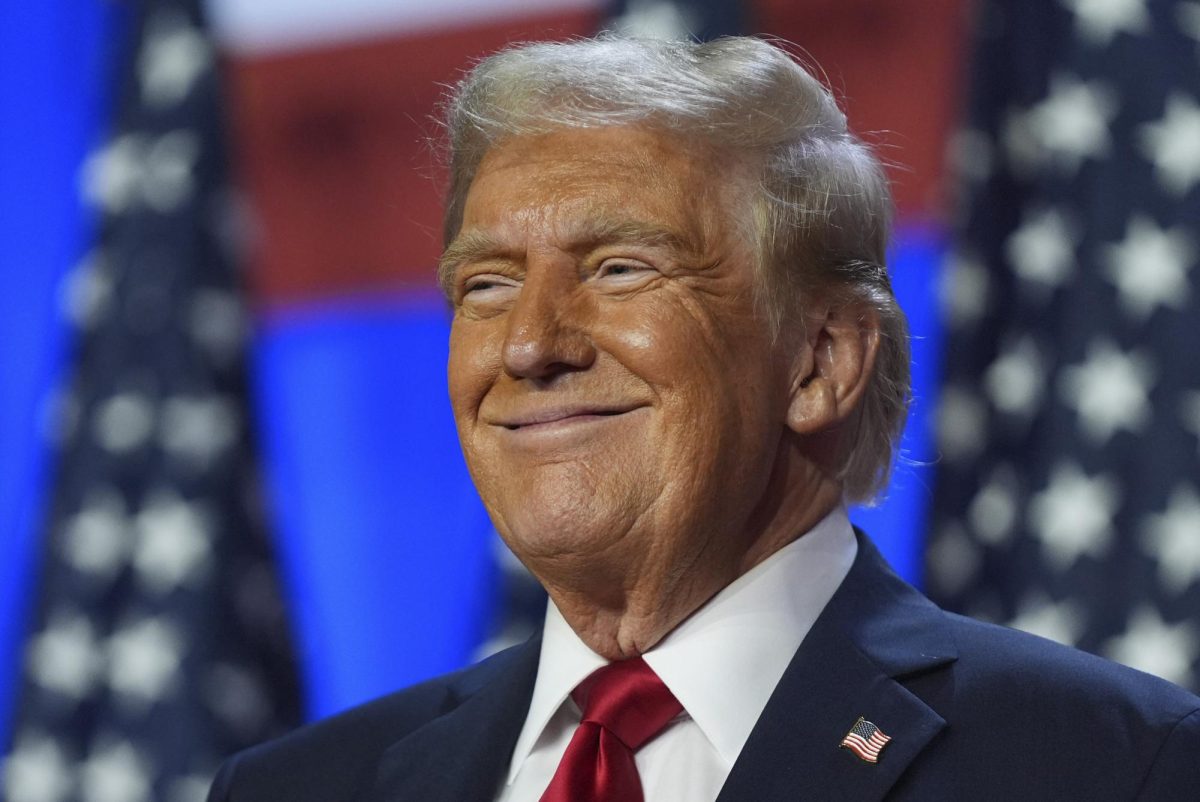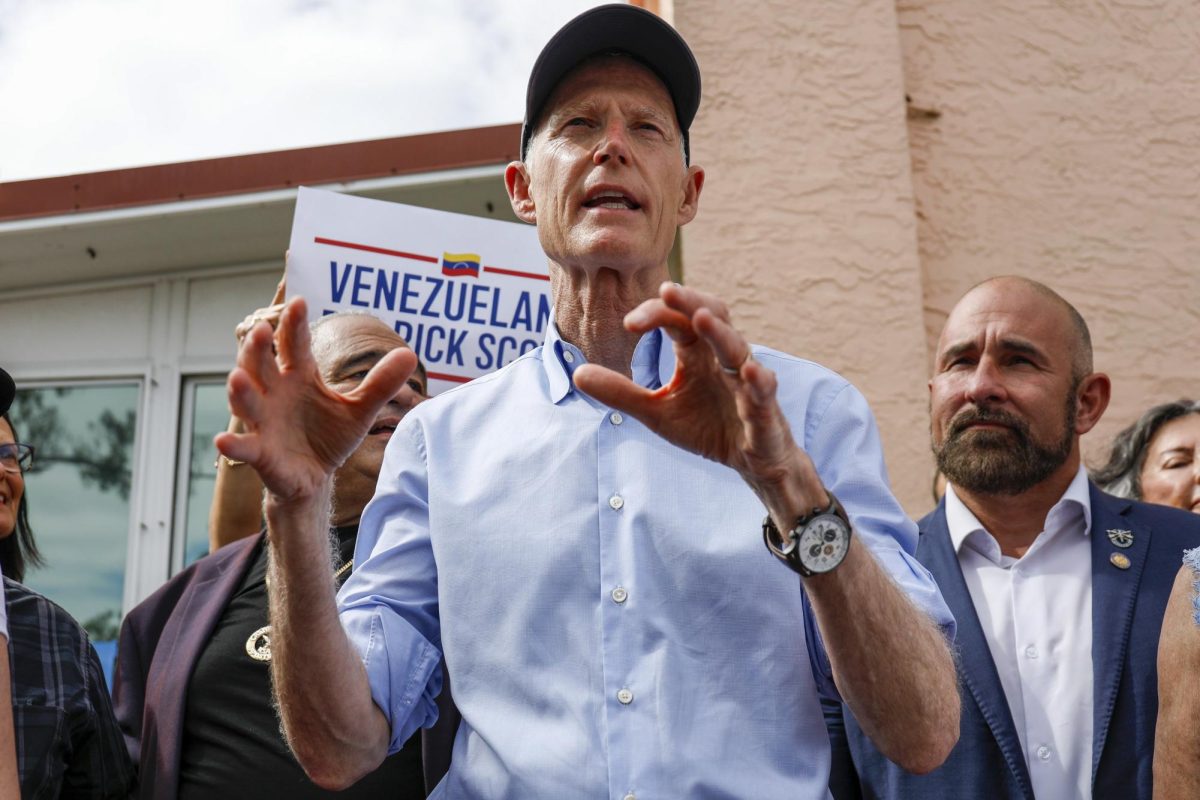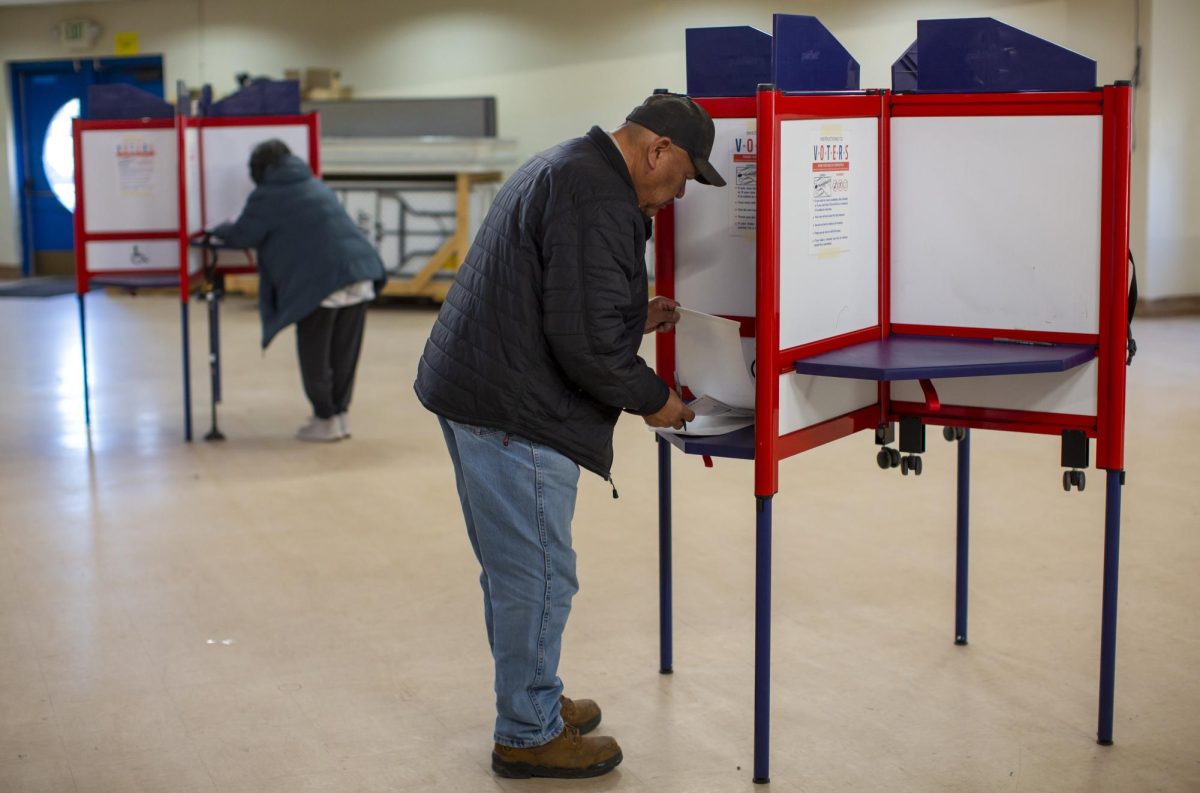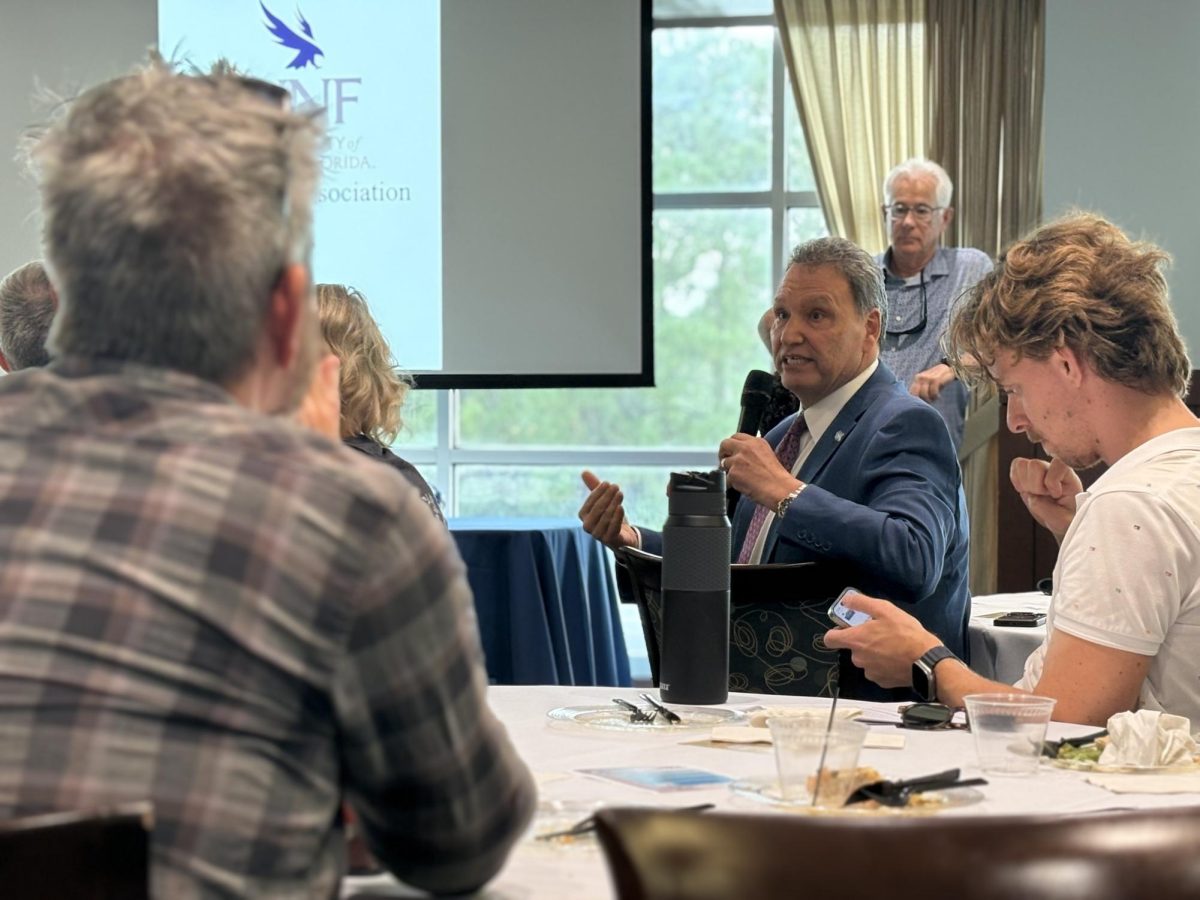Every election season, think tanks across the political spectrum craft policy plans that address issues from climate change to taxes, hoping to catch the eyes of the next executive administration. The conservative-leaning Heritage Foundation’s Project 2025 is no different; however, specific policies within the document have piqued the interests of politicians and the public alike.
Sean Freeder, assistant professor of political science at the University of North Florida, believes that Project 2025’s outline for the executive branch makes this new proposal stand out from the rest.
“What Project 2025 recommends… is taking some of the career experts that have maybe served lifelong positions within the bureaucracy and replacing them with more people that would come from sort of political hires,” Freeder said. “Reclaiming the executive branch as a partisan [tool] rather than as a policy tool or a tool of the experts.”
Every presidential administration must appoint the heads of the 15 executive agencies, called the president’s cabinet. After the Senate approves, the cabinet members hire experts in their field who they see fit to serve their respective agencies, including departments of Homeland Security, Health and Human Services and Treasury. These agencies are responsible for the majority of policy and decision-making on the federal level.
According to Freeder, the bureaucracy has typically avoided partisanship in its policy-making. If Project 2025’s policies are implemented, he said it would transform the institutions, “taking something that is ostensibly nonpartisan and making it partisan.”
Freeder claimed that most political scientists are wary of bureaucratic partisanship.
“The hiring of partisan officials for executive branch positions is a bad idea that weakens our ability to just make good policy and create trust with the American public,” he said.
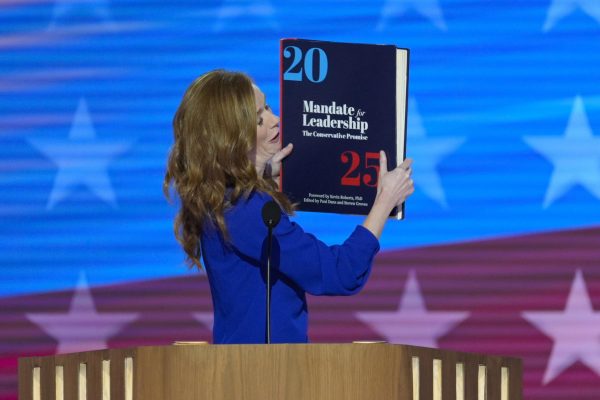
What is Project 2025?
- At the start of the 2024 presidential election cycle, the conservative think tank Heritage Foundation unveiled the Project 2025 Presidential Transition Project, a 900-page document containing policy proposals on issues ranging from abortion to the military.
- While separate from the Republican Party’s official platform, Project 2025 was written by several prominent conservative figures, including former Republican presidential candidate and secretary of Housing and Urban Development Ben Carson. Carson authored Chapter 15 of the policy plan. Trump has attempted to distance himself from Project 2025, but many former administration employees have worked on the policy proposal.
- Project 2025 calls for a significant reduction in bureaucratic powers, claiming that “it is the President’s agenda that should matter to the departments and agencies that operate under [the President’s] constitutional authority and that, as a general matter, it is the President’s chosen advisers who have the best sense of the President’s aims and intentions.”
- The document also addresses the executive branch’s power. Project 2025 calls the bureaucracy “sprawling… that all too often is carrying out its own policy plans and preferences.”
What’s next?
If implemented, Freeder anticipates that the court system will likely challenge the expansion of executive powers outlined in Project 2025. Legal precedents have already created questions about the future of American governance.
Freeder referenced the recent Supreme Court decision that gave presidents immunity to the criminal prosecution for “official acts” they performed while in office. He said that if the Supreme Court continues this interpretation of presidential powers, the executive branch may see some serious changes in the near future.
“You could imagine seeing [them] getting the ability to do some of the restructuring of the executive branch, but that’s many steps down the pipeline before [they] would be able to get to that point.”
__
For more information or news tips, or if you see an error in this story or have any compliments or concerns, contact editor@unfspinnaker.com.





